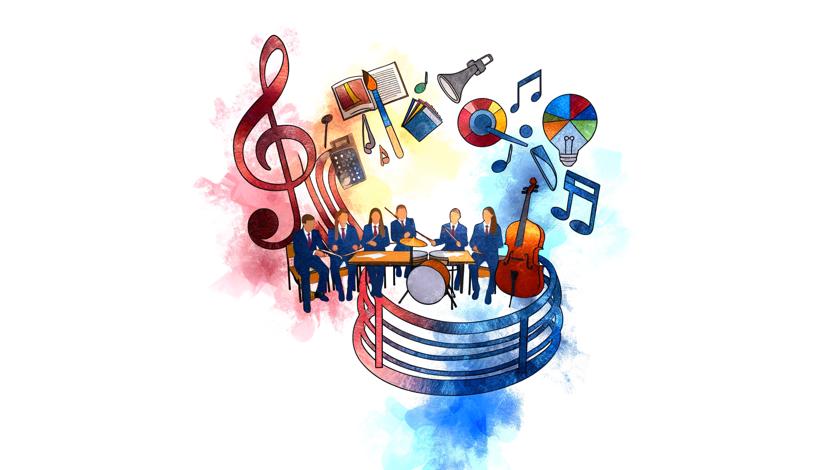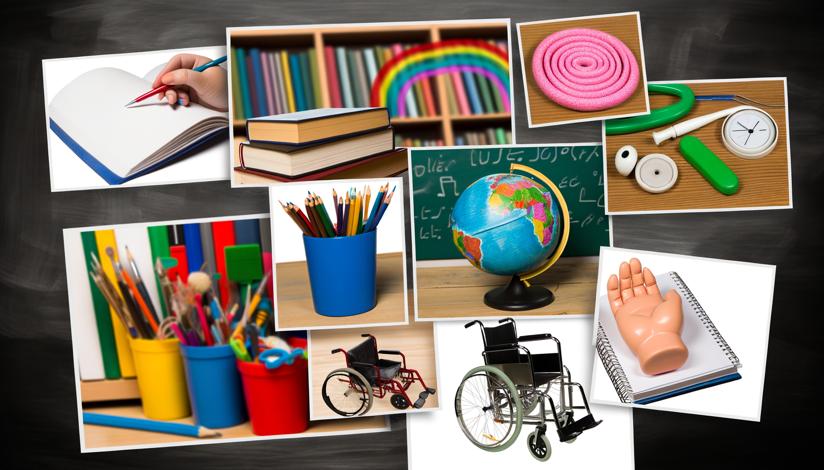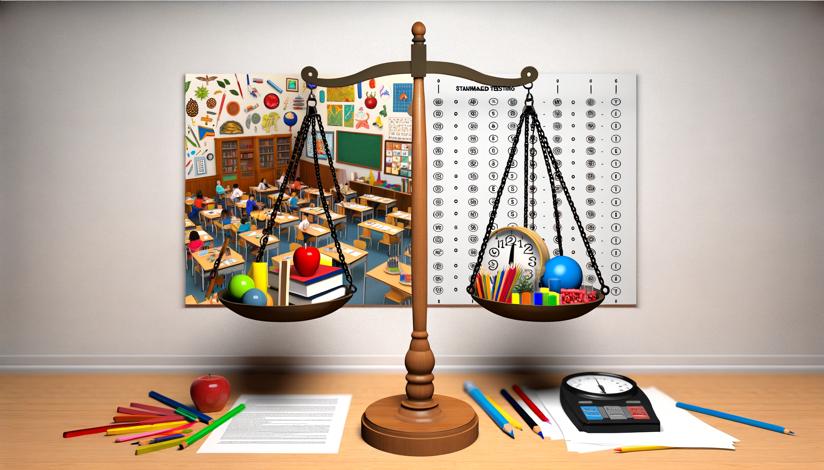

One of the key benefits of arts education is its impact on cognitive development. Studies have shown that music education, for example, can improve students' cognitive skills such as language development, reading ability, and mathematical skills. Visual arts, on the other hand, enhance spatial reasoning and critical thinking.
Arts education also fosters creativity. It encourages students to think outside the box, explore their imagination, and express themselves through various artistic mediums. This not only enhances their artistic abilities but also helps develop skills such as problem-solving and innovation.
In addition to cognitive and creative development, arts education also promotes social and emotional well-being. Participating in music programs or engaging in visual arts can boost self-confidence, foster teamwork, and develop a sense of belonging.
Furthermore, arts education has been linked to improved academic performance. Students who engage in arts education tend to have higher test scores, better attendance rates, and are more likely to graduate from high school.
Despite these benefits, arts education is often underfunded and neglected in K-12 schools. Prioritizing arts education can lead to a more well-rounded education and provide students with the skills they need to thrive in an increasingly creative and innovative world.

Enhances cognitive development
Fosters creativity
Promotes social and emotional well-being

Underfunding and neglect in schools



















-
https://www.edutopia.org/article/why-arts-education-crucial-education
-
https://www.childtrends.org/indicators/arts-education





































